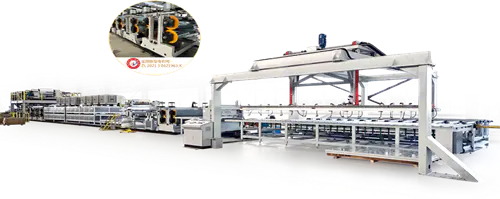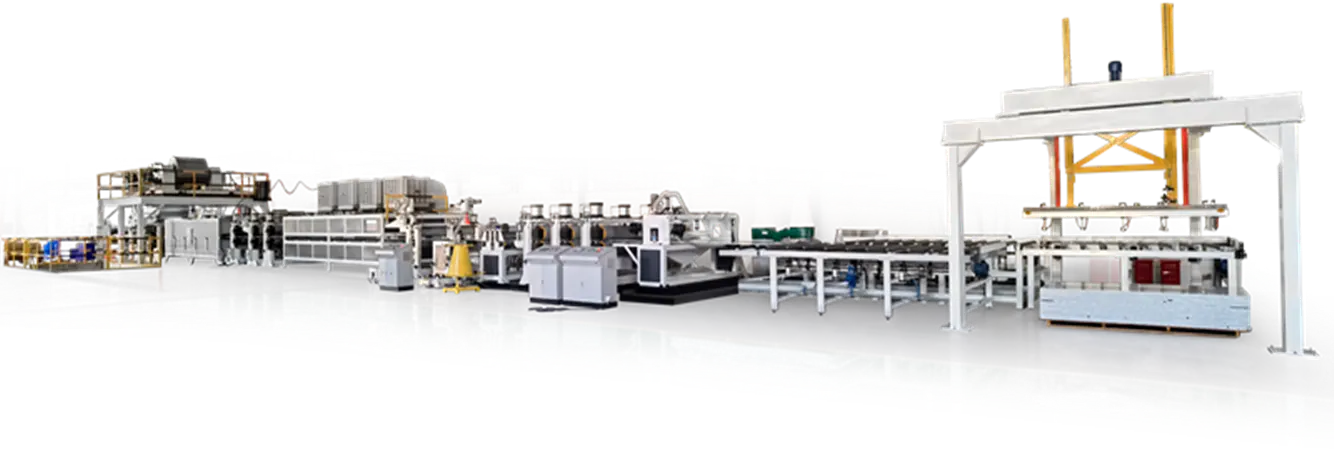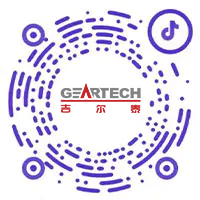The Aluminum Composite Panel (ACP) production line is an essential manufacturing process in the building materials industry. ACP, a popular material widely used in construction and architectural applications, is a sandwich panel consisting of two aluminum sheets bonded to a non-aluminum core. This article explores the ACP production line and its crucial role in the creation of coated aluminum coils, examining the process, benefits, and applications.
The ACP Production Line Overview
The ACP production line is a sophisticated manufacturing system designed to efficiently produce high-quality ACP panels. The process begins with the unwinding of aluminum coils, which are then cleaned and pre-treated to ensure proper adhesion of the coating. The pre-treatment process involves degreasing and chemical surface conditioning, creating a suitable surface for the coating to adhere to.
Coating Application
After pre-treatment, the aluminum coils move on to the coating application stage. This is a critical step where the coated aluminum coils' aesthetics, durability, and performance are determined. Various coating materials can be used, including polyester, fluorocarbon (PVDF), and high-durability polyester (HDP).
Polyester coatings are suitable for indoor applications due to their good color retention and cost-effectiveness. PVDF coatings, on the other hand, offer excellent weather resistance and are ideal for outdoor use, providing protection against UV rays and harsh weather conditions. HDP coatings strike a balance between the two, making them suitable for both indoor and outdoor applications.
Curing and Solidification
Following the coating application, the coated aluminum coils undergo a curing process, which involves subjecting the panels to controlled temperatures to allow the coating to solidify and adhere firmly to the aluminum surface. This curing process is critical to achieving a durable and long-lasting finish.
Cutting and Shaping
Once the coated aluminum coils have undergone solidification, they are cut into sheets of the desired length and shape. These sheets can then be further processed into ACP panels according to specific project requirements.
Benefits of Coated Aluminum Coils
Coated aluminum coils offer a myriad of advantages that make them an ideal choice for various applications:
A. Aesthetic Appeal: Coated aluminum coils provide a wide range of colors and finishes, enabling architects and designers to create visually stunning facades and interior spaces.
B. Durability: The protective coatings offer excellent resistance against scratches, chipping, and fading, ensuring the panels maintain their appearance over time.
C. Weather Resistance: PVDF-coated aluminum coils excel in outdoor applications, as they can withstand extreme weather conditions, including rain, snow, and UV exposure.
D. Lightweight: Aluminum is inherently lightweight, making coated aluminum coils easy to transport and install, reducing overall construction costs.
E. Low Maintenance: The robust coatings on the coils require minimal maintenance, making them a cost-effective choice for long-term projects.
Applications of Coated Aluminum Coils
The versatility of coated aluminum coils makes them suitable for a wide range of applications:
A. Building Facades: Coated aluminum coils are extensively used in modern architectural designs, providing aesthetically pleasing facades for commercial, residential, and institutional buildings.
B. Interior Cladding: The lightweight nature and diverse range of finishes make coated aluminum coils an ideal material for interior cladding in various settings.
C. Signage and Advertising: Coated aluminum coils are commonly utilized for outdoor signage due to their weather resistance and ability to withstand harsh environmental conditions.
D. Transportation Industry: The lightweight characteristic of aluminum coils finds applications in the transportation industry, including automotive body panels and trailer roofs.
The ACP production line plays a vital role in the creation of coated aluminum coils, offering a plethora of benefits and diverse applications across the construction and industrial sectors. The combination of high-quality materials, advanced manufacturing processes, and the array of coating options make coated aluminum coils a popular choice for modern architectural designs, providing durability, aesthetics, and exceptional performance in various applications. As technology advances, we can expect further innovations in ACP production and coated aluminum coil applications to meet the evolving demands of the industry.

 中文简体
中文简体 English
English Português
Português русский
русский Español
Español عربى
عربى








